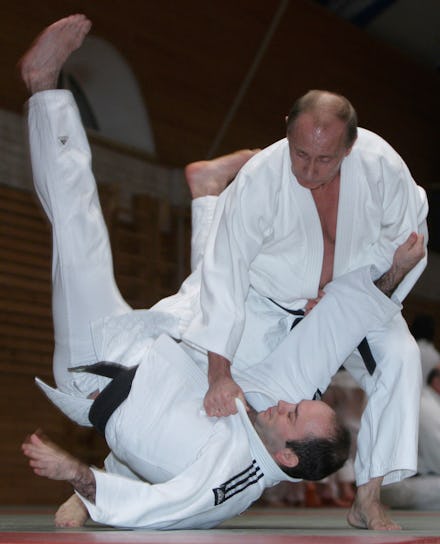Russia doped over 1,000 of its Olympic athletes, new WADA report finds

The Russian government created a methodical scheme to give its athletes performance-enhancing drugs without getting caught during the 2012 London Olympics and other international games, according to a World Anti-Doping Agency report published Friday.
Established Canadian lawyer Richard McLaren was commissioned by WADA to conduct an exhaustive investigation into allegations of such a cover-up.
"An institutional conspiracy existed across summer and winter sports athletes who participated with Russian officials within the Ministry of Sport and its infrastructure ... along with the [Russian Federal Security Service] for the purposes of manipulating doping controls," the report finds.
The forensic testing and evidence leaves no room for ambiguity, McLaren wrote, who concluded "the conspiracy" was executed from 2011 to 2015, but possibly went on for much longer.
"Over 1,000 Russian athletes competing in summer, winter and Paralympic sport can be identified as being involved in or benefiting from manipulations to conceal positive doping tests," the report says.
Russia achieved this in part by swapping athletes' urine. McLaren tested 100 out of 250 athletes' urine samples from the 2014 Sochi Winter Olympics, some of whom were gold medalists, and found some samples contained "physiologically impossible salt readings." Furthermore, the urine samples of two female ice hockey players had male DNA in them.
"[There's] incontrovertible confirmation that the original samples had been tampered with and swapped," McLaren said in a press conference Friday, according to the Guardian.
Both the International Association of Athletics Federations and International Paralympic Committee said in response to the findings that they were committed to doubling down and subverting future attempts at rigging international games.
"We wholeheartedly agree with Professor McLaren that the best course of action is to work together to fix the broken and compromised anti-doping system in Russia," the IPC said in a statement Friday. "The recently appointed IPC Taskforce looks forward to working closely with our member the Russian Paralympic Committee to do just that."